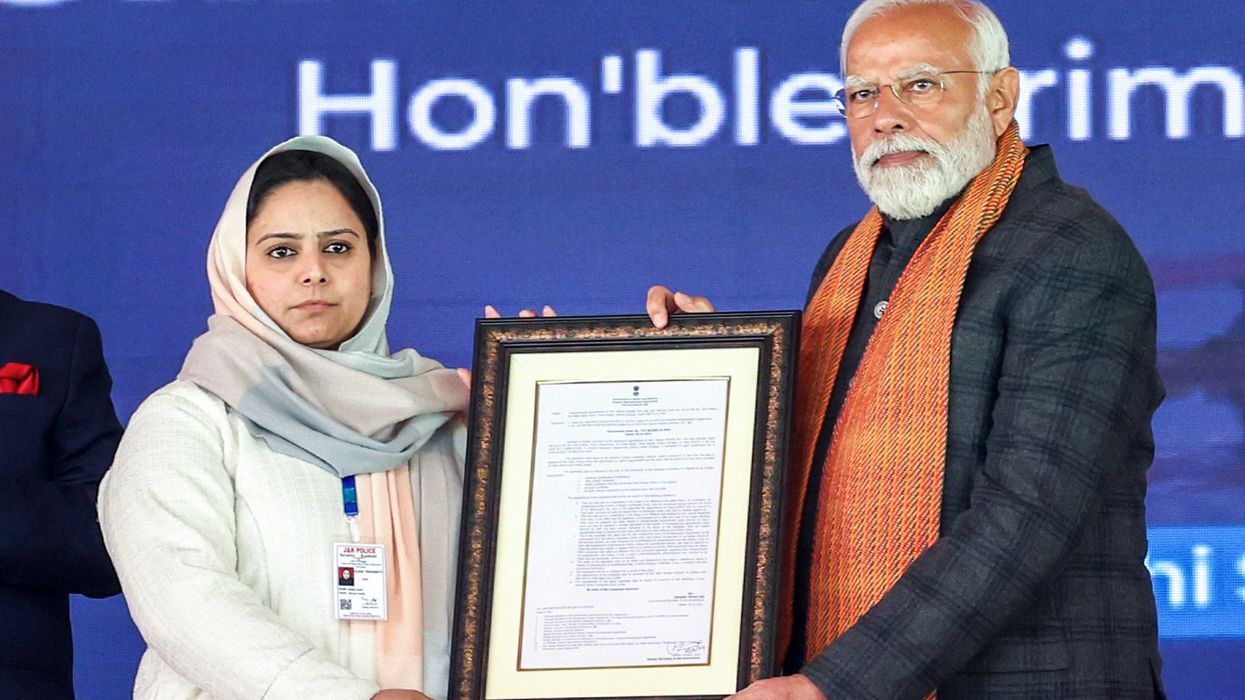JAMMU AND KASHMIR has been transformed and integrated with the rest of India, prime minister Narendra Modi said last Thursday (7), crediting the change to his government’s decision to revoke its special status.
Visiting the Kashmir Valley for the first time since 2019 – the year the status was revoked – Modi said Kashmir’s development was a priority for India as it sits like a crown in the country’s north.
“This new Jammu-Kashmir has the courage to overcome any challenge,” Modi told thousands of people attending a public meeting in Srinagar, the region’s summer capital, amid tight security.
“The country is seeing these smiling faces of yours ... (and) feeling relieved to see you all happy. I am working hard to win your hearts, and my attempt to keep winning your hearts will continue.”
Modi’s government in 2019 stripped the Muslim-majority region of its special constitutional status, splitting the former state into two territories directly ruled from New Delhi.
His visit to a region roiled for decades by militant violence, and which is also claimed by Pakistan, comes ahead of general elections in which he will seek a rare third term. Although his Bharatiya Janata Party (BJP) is not a key player in Kashmir, the visit is seen as a signal to its voters that the party has fulfilled a core promise to end the former state’s special status.
“This is the new Jammu and Kashmir we had been awaiting for decades,” Modi added, listing achievements and investments made during the last five years.
Kashmir would become a global success story, he said, as he launched a series of tourism and farm projects.
The projects included new infrastructure around the revered Muslim shrine of Hazratbal in the city.
Kashmiri politicians who opposed revocation of special status criticised Modi’s visit.
“This visit is only meant to ... drum up support among the BJP’s core constituency in the rest of India for the upcoming parliament elections,” Mehbooba Mufti, a former chief minister and former BJP ally, posted on X.
Omar Abdullah, a former chief minister of Jammu and Kashmir, accused the government of organising buses to bring in crowds, alleging that “almost none” would be attending willingly. (Agencies)




